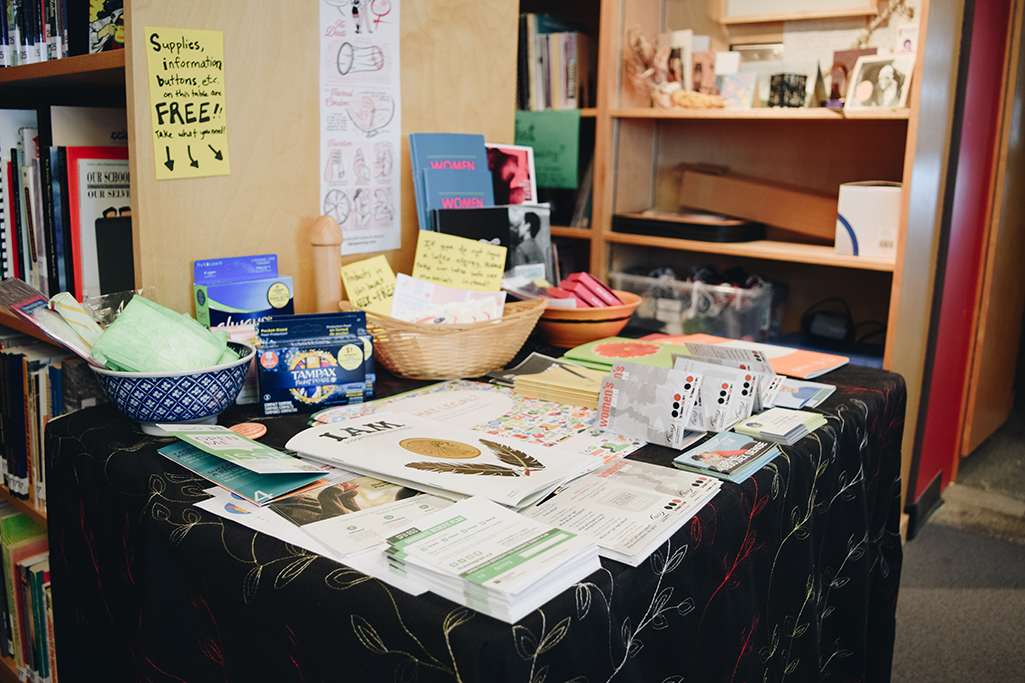Sexual health services have proven to be a much utilized support for students on campus, with resource centres reporting that they regularly field a wide range of inquiries.
“The demand for our services is high and we are busy,” said Barb Chick, a registered nurse at SFU health and counselling services, which sees SFU and Fraser International College students.
The most common inquiries the clinic receives include requests for information about sexually transmitted infection testing and treatment as well as requests for various birth control methods, she reported.
These services are available at the Burnaby and Vancouver campus clinics, however only counselling is available at the Surrey campus.
The SFU Women’s Centre also sees a number of visitors looking for information in regards to sexual health.
“The Women’s Centre receives a range of sexual health-related inquiries, from questions about becoming sexually active for the first time to questions about family planning, birth control, access to abortion, coming out, and resources on relationships and sexuality for survivors of sexual violence,” said centre coordinator Leah Horlick.
The centre most often refers their visitors to Options for Sexual Health BC which provides sexually transmitted infection and pap tests as well as counselling about pregnancy, birth control, and abortion, she explained.
It can also function as a first point of contact for community members who are not sure where to turn.
“While the centre is not a clinic,” Horlick noted, “we can provide you with books, resources, peer support, and referrals for sexual health support.”
According to a survey of post-secondary institutions in Canada by the American College Health Association in 2016, well over half of the student respondents reported having at least one sexual partner in the past year.
The same survey found a number of students reported that a sexually transmitted infection had affected their academic performance and almost two percent said that they or their partner had experienced an unintentional pregnancy in the past year.
The Women’s Centre and health and counselling services both acknowledge that it may be difficult for students to come forward with their concerns about sexual health.
“Sexual health remains a stigmatized topic for many students,” said Horlick, “and so it is very normal to feel reluctant, shy, or embarrassed about talking about sexual health.”
She noted that the centre tries to create “a non-judgemental, sex-positive atmosphere where people of all genders can ask questions and inquire about [. . .] resources in a confidential, low-key way.” The centre’s visitors are also able to arrange to speak with the coordinator in confidence.
The school is also keenly aware that sexual health can affect a student’s academic performance.
“We know that sexual health can affect all areas of a student’s life,” Chick noted. “Many of our students are sexually active, many are questioning whether they want to be or not. Often this is the first time away from home with a new independence, which can create stress and anxiety.”
The clinic also offers counselling and mental health services to help students navigate their concerns, she emphasised.
Making sure that these services are accessible for all students is important, according to Horlick.
“We have a diverse campus and it is important to provide services and refer to resources that reflect our entire campus community,” she noted.
See our guide to the sexual health resources on campus here.




